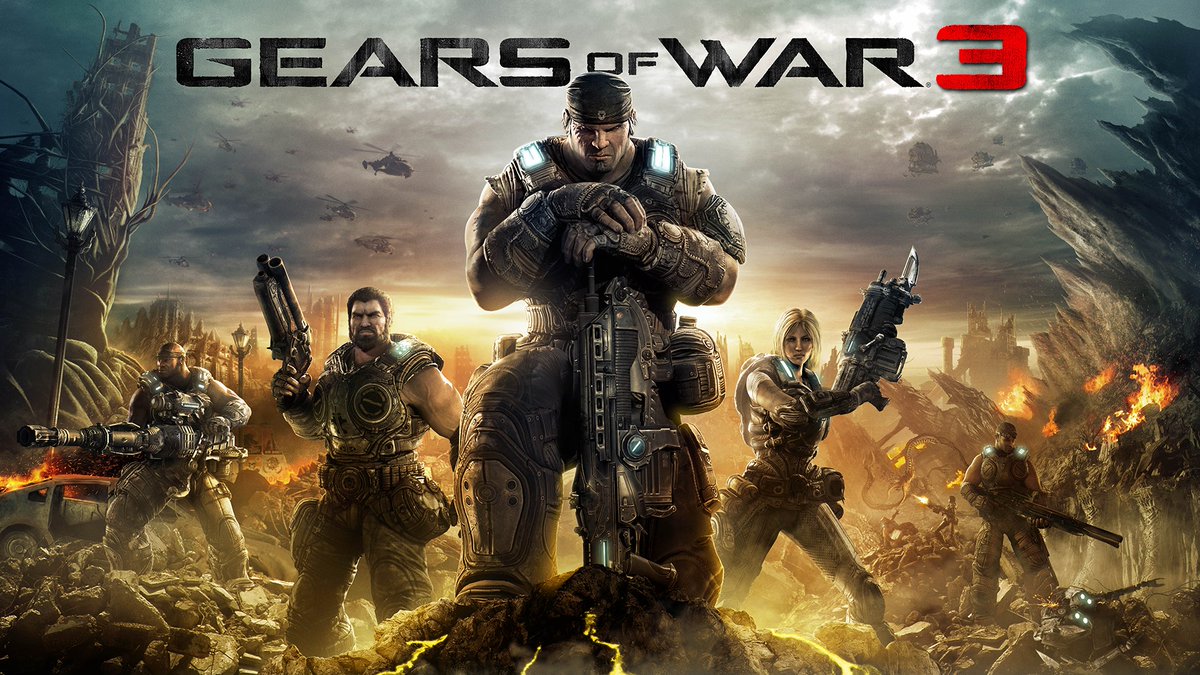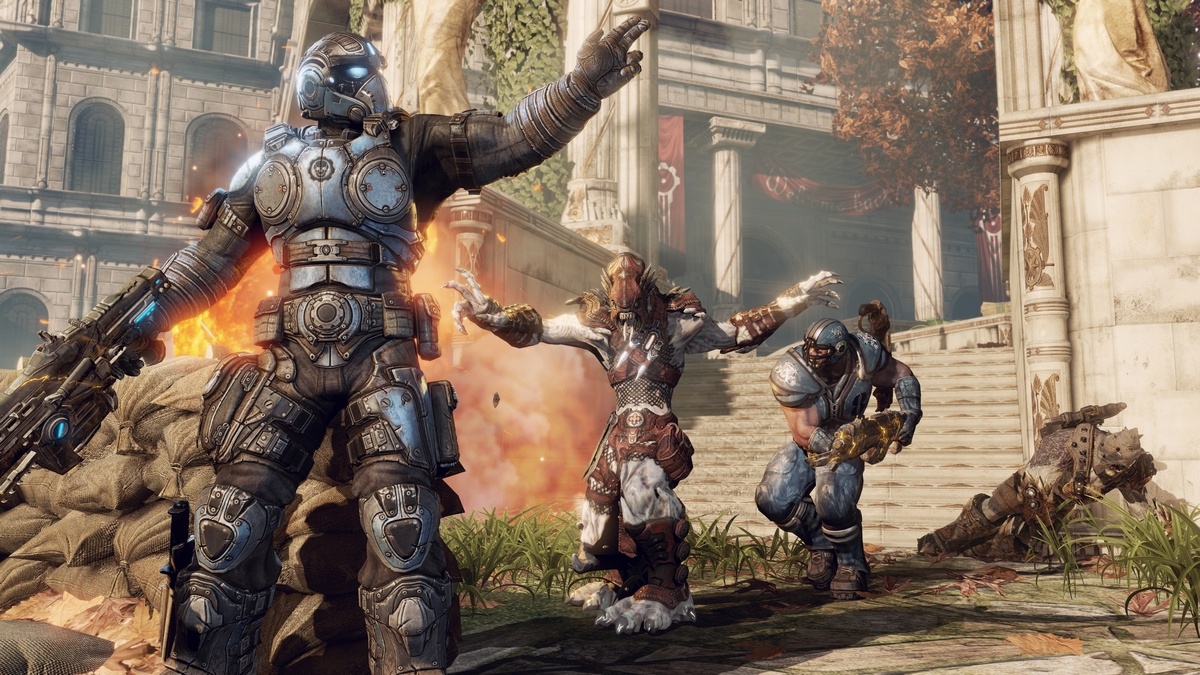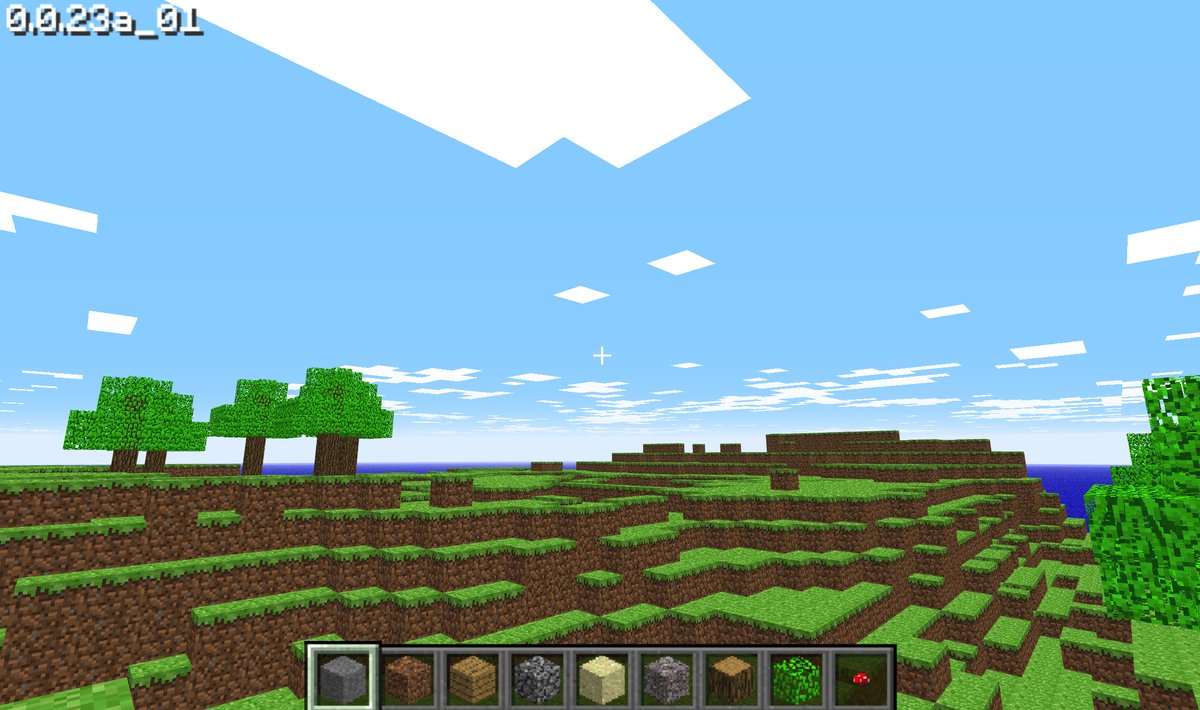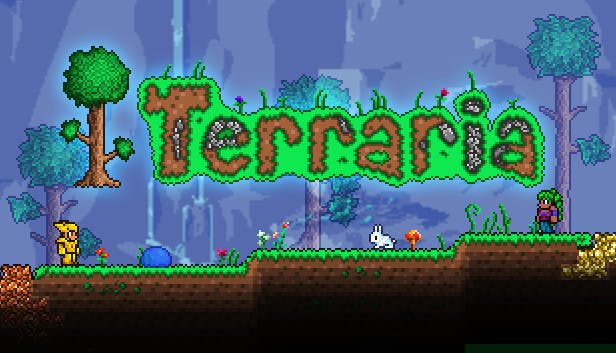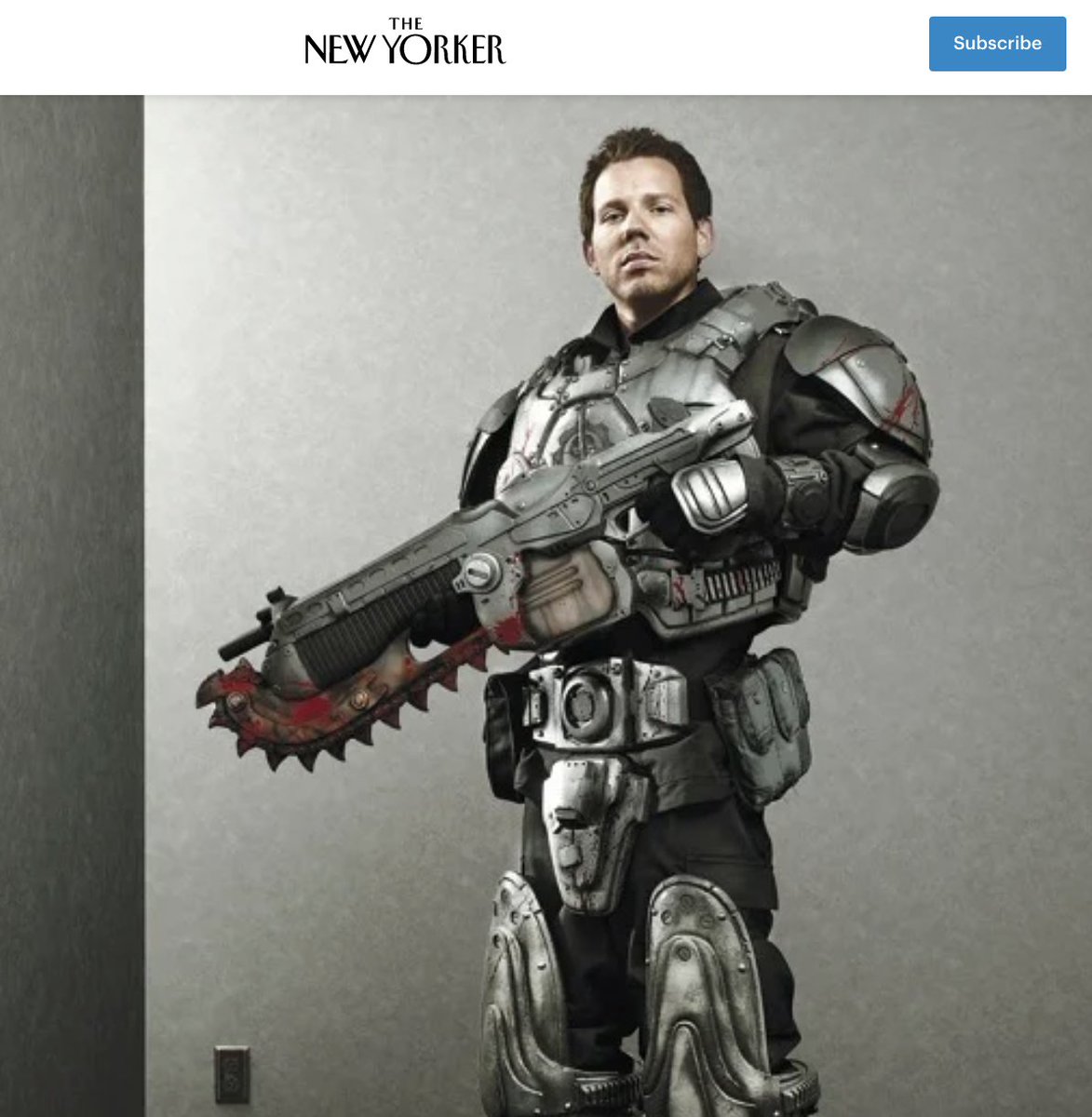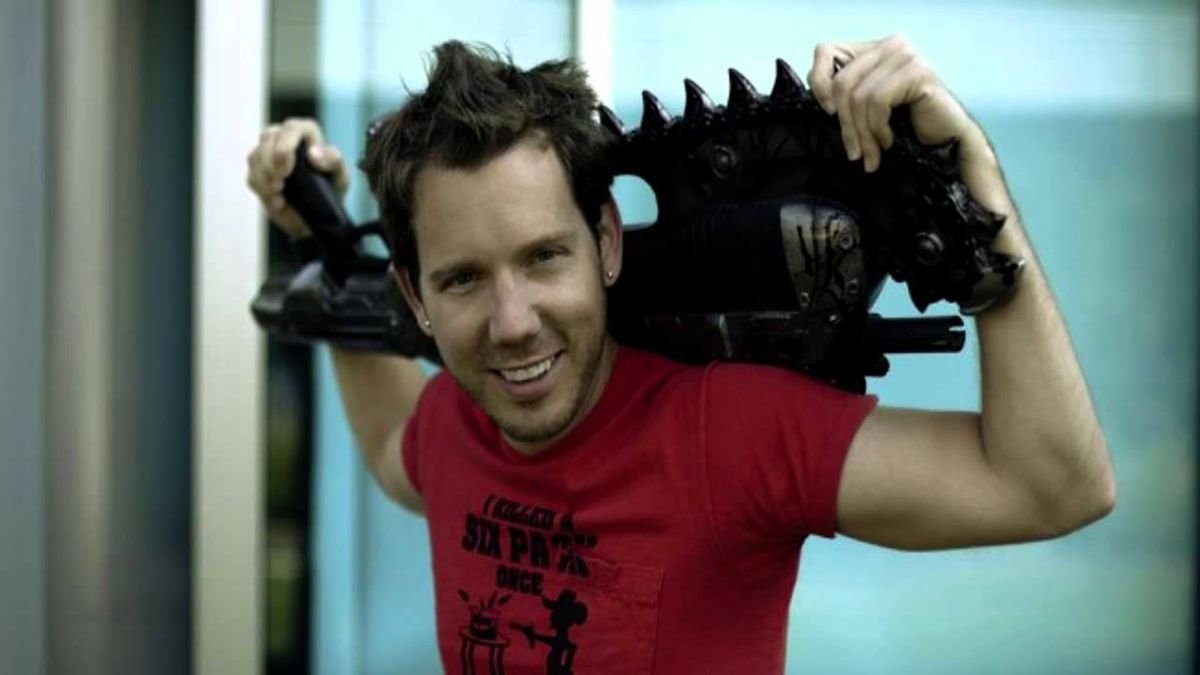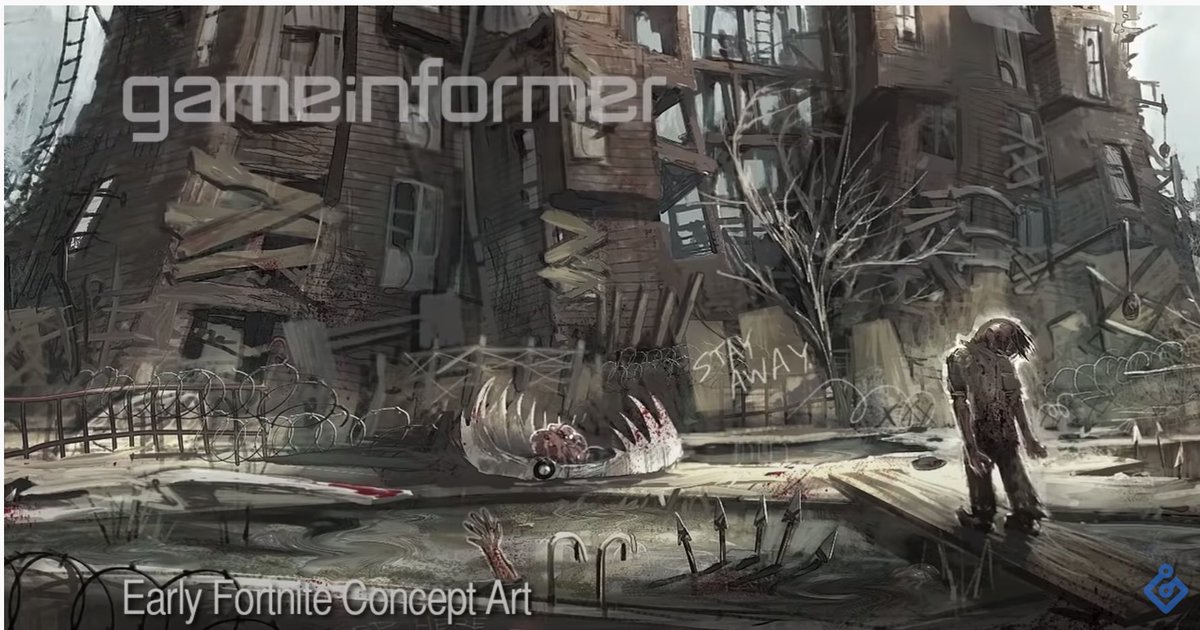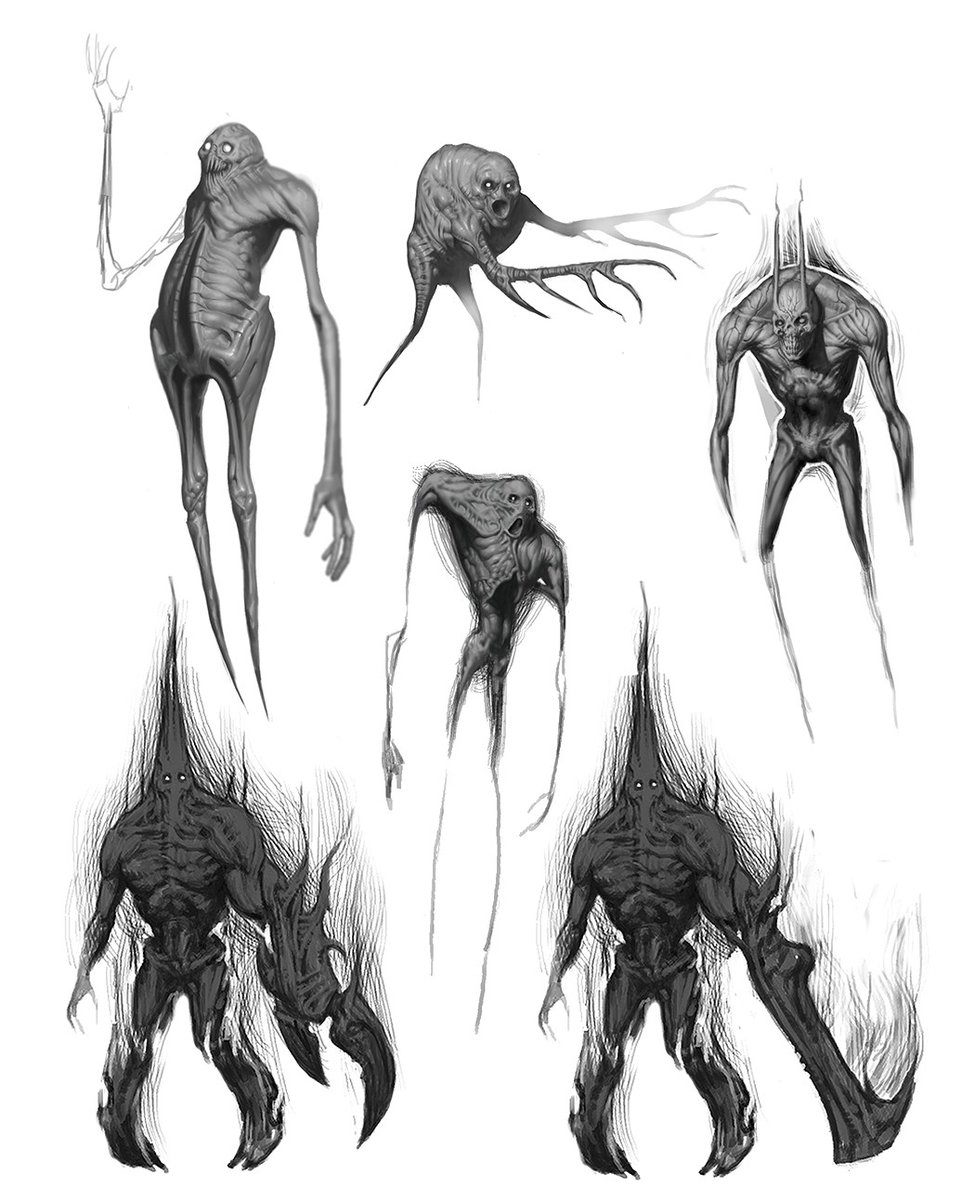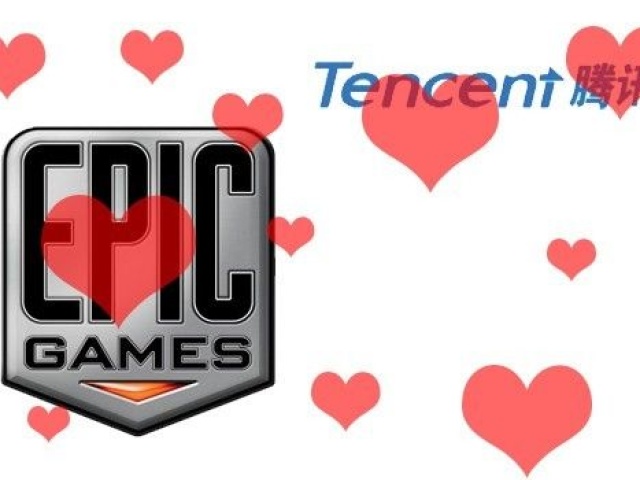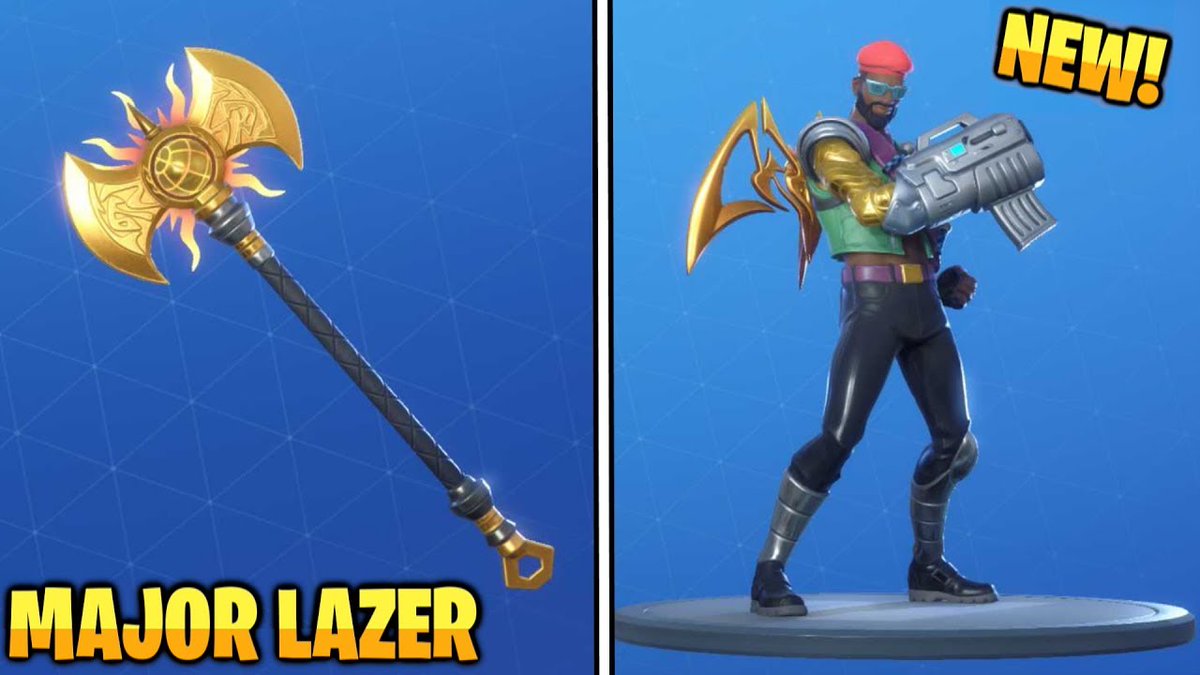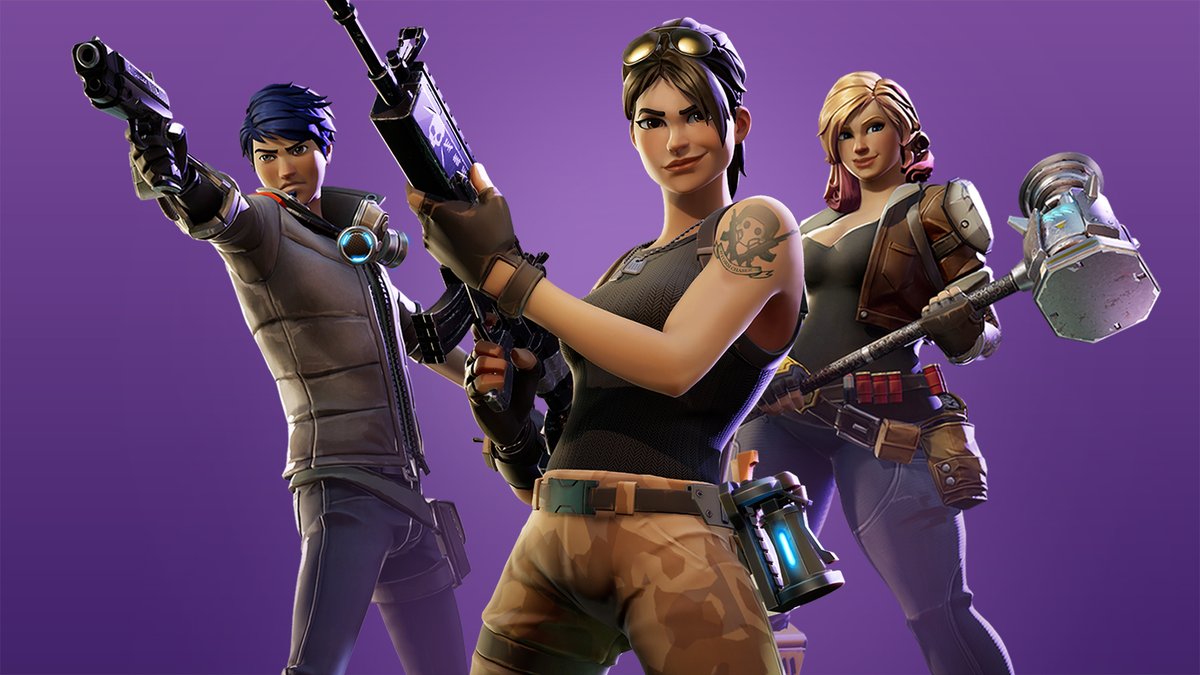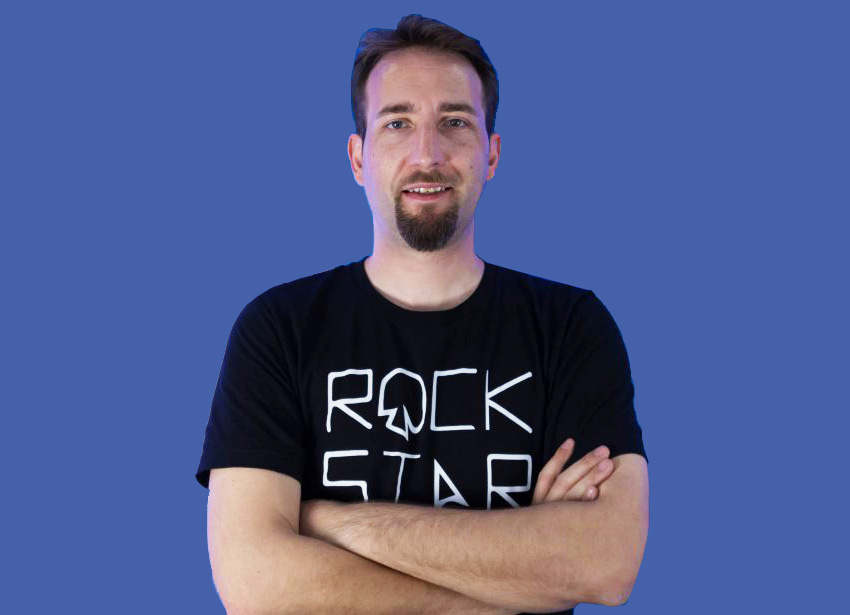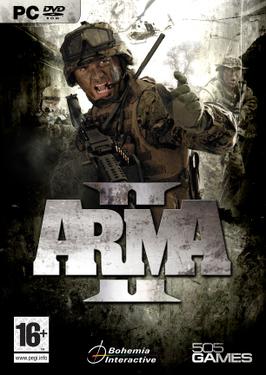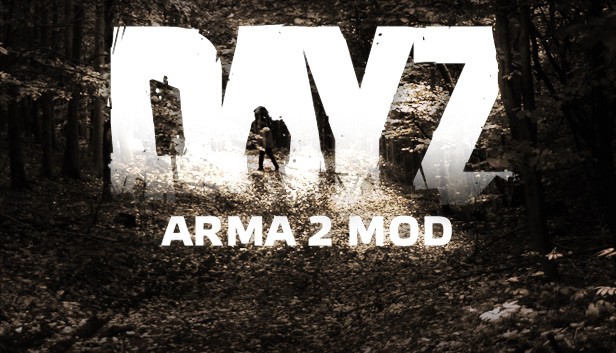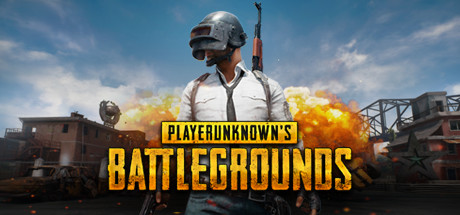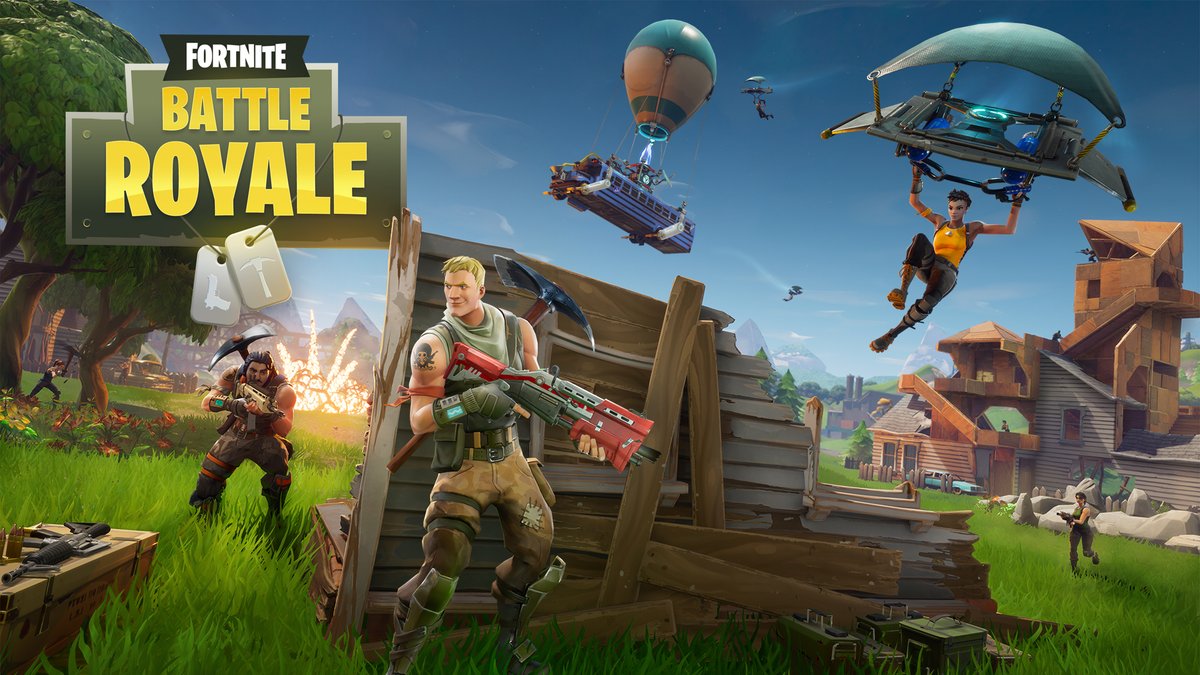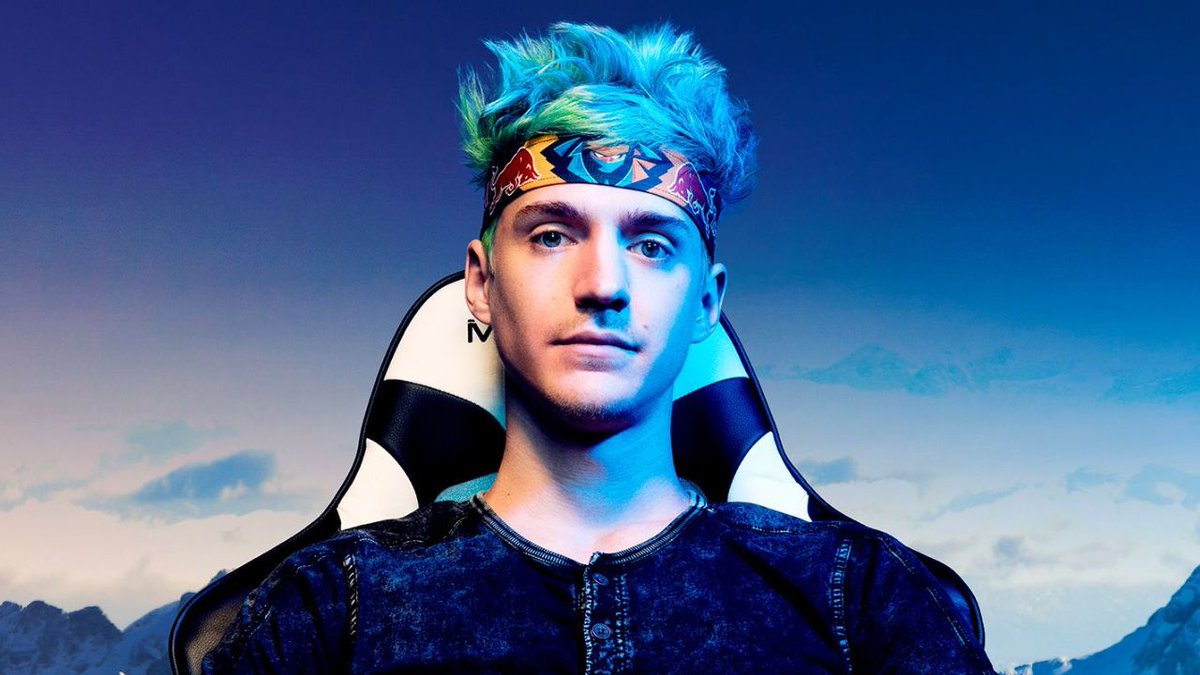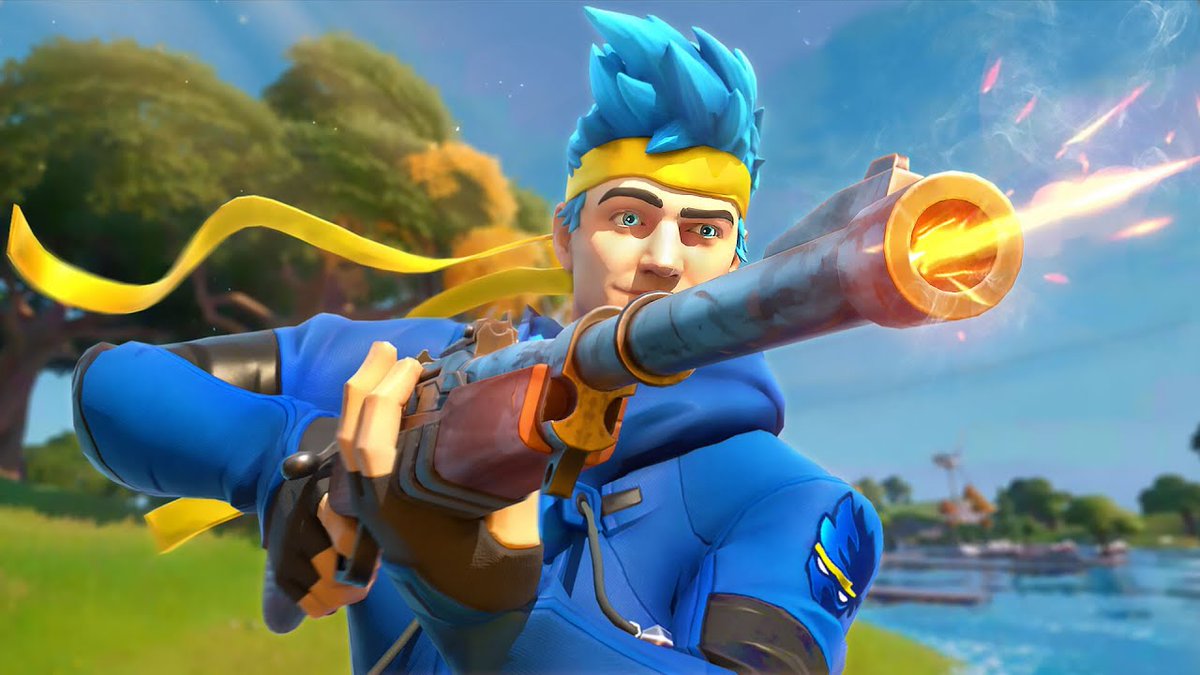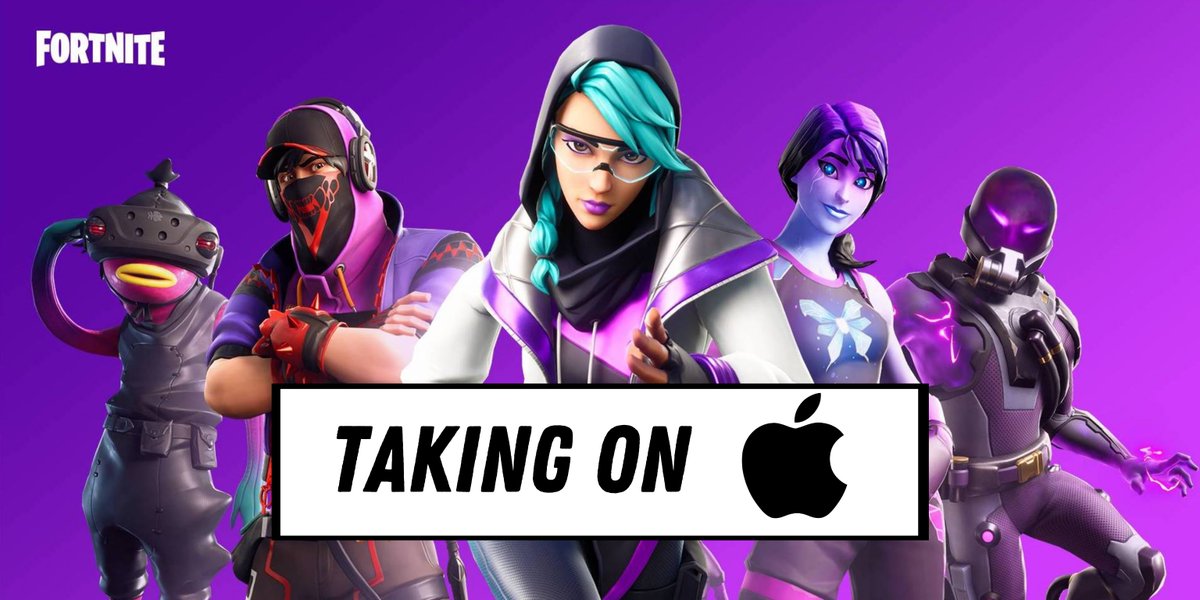Fortnite is standing up to Google and Apple.
They& #39;re offering 20% discounts to players that buy digital currency in the app, bypassing the payment systems of Big Tech.
This is a thread about the game& #39;s humble beginnings. https://abs.twimg.com/emoji/v2/... draggable="false" alt="👇" title="Rückhand Zeigefinger nach unten" aria-label="Emoji: Rückhand Zeigefinger nach unten">
https://abs.twimg.com/emoji/v2/... draggable="false" alt="👇" title="Rückhand Zeigefinger nach unten" aria-label="Emoji: Rückhand Zeigefinger nach unten">
(All likes + RTs appreciated! https://abs.twimg.com/emoji/v2/... draggable="false" alt="🙏" title="Folded hands" aria-label="Emoji: Folded hands">)
https://abs.twimg.com/emoji/v2/... draggable="false" alt="🙏" title="Folded hands" aria-label="Emoji: Folded hands">)
They& #39;re offering 20% discounts to players that buy digital currency in the app, bypassing the payment systems of Big Tech.
This is a thread about the game& #39;s humble beginnings.
(All likes + RTs appreciated!
For all those that endured a day of corporate "brainstorming," know this:
Sometimes it works.
In 2011, off the back of releasing Gears of War 3 (GoW), the Epic team came together for a "game jam." It was time to think of a new idea.
Sometimes it works.
In 2011, off the back of releasing Gears of War 3 (GoW), the Epic team came together for a "game jam." It was time to think of a new idea.
By then, the company that a 20 yr old Tim Sweeney had founded as "Potomac Computer Systems," had become a hit-machine.
Leveraging its Unreal engine, Epic& #39;s first GoW release grossed $100M from a $12M budget. It was the start of a breakout franchise and burgeoning reputation.
Leveraging its Unreal engine, Epic& #39;s first GoW release grossed $100M from a $12M budget. It was the start of a breakout franchise and burgeoning reputation.
But in 2011, Epic was known as a developer of intricate, meticulous shooters.
What emerged in the game jam was something different, inspired by two new market entrants.
Terraria was released May 2011. Minecraft followed 6m later. Suddenly, *building* games were interesting.
What emerged in the game jam was something different, inspired by two new market entrants.
Terraria was released May 2011. Minecraft followed 6m later. Suddenly, *building* games were interesting.
Over the course of the game jam, an idea emerged, though it was not acted on at first.
What if you combined the two genres? A shooter that let you build. Think traps, forts, hideaways.
As one dev put it, "putting those two things together... it& #39;s peanut butter and chocolate."
What if you combined the two genres? A shooter that let you build. Think traps, forts, hideaways.
As one dev put it, "putting those two things together... it& #39;s peanut butter and chocolate."
It was a concept that gnawed at the team. Perhaps they felt how of the moment the idea was.
One of the Fortnite team later commented that after they published the game, many other developers mentioned they had worked on something similar. It was in the air.
One of the Fortnite team later commented that after they published the game, many other developers mentioned they had worked on something similar. It was in the air.
Cliff Bleszinski took the helm.
Known as "CliffyB," a name reclaimed from a childhood bully, the jocular, sandy-haired game designer was something of a celebrity having joined Epic in 1992.
How many gamers get featured in the New Yorker?
Still, he wouldn& #39;t last.
Known as "CliffyB," a name reclaimed from a childhood bully, the jocular, sandy-haired game designer was something of a celebrity having joined Epic in 1992.
How many gamers get featured in the New Yorker?
Still, he wouldn& #39;t last.
Fortnite& #39;s early sketches were grim, barren.
Borrowing assets from the GoW franchise, CliffyB& #39;s team mapped out a sparse wasteland populated by zombie-like creatures. Players used tools to construct barricades and weather attacks.
Borrowing assets from the GoW franchise, CliffyB& #39;s team mapped out a sparse wasteland populated by zombie-like creatures. Players used tools to construct barricades and weather attacks.
It was a compelling v1 but not without problems.
Trying to bring the painterly imagery of GoW to an expansive map took time. It also didn& #39;t mesh with the playful aesthetic the team admired in games like Minecraft.
What if they took a different tack? Something more cartoony?
Trying to bring the painterly imagery of GoW to an expansive map took time. It also didn& #39;t mesh with the playful aesthetic the team admired in games like Minecraft.
What if they took a different tack? Something more cartoony?
Removing some of the polish had the desired effect, allowing the team to speed up development.
A name didn& #39;t hurt, either. Somewhere, buried in an email chain is the first mention of the title in connection to the project.
Fortnite.
"It was like an epiphany," a dev noted.
A name didn& #39;t hurt, either. Somewhere, buried in an email chain is the first mention of the title in connection to the project.
Fortnite.
"It was like an epiphany," a dev noted.
Given what followed, it& #39;s surprising Fortnite& #39;s first appearance arrived as early as December 2011. In a matter of months, the team had a teaser to showcase their work. https://www.youtube.com/watch?v=84-l6Ct3hAI">https://www.youtube.com/watch...
Change was brewing.
The game worked at a shooter, but there was little sense of progression, of story. This was an RPG, wasn& #39;t it?
The team went back to the drawing board. The release of the Unreal 4 Engine added to the challenge.
And then, suddenly, CliffyB was gone.
The game worked at a shooter, but there was little sense of progression, of story. This was an RPG, wasn& #39;t it?
The team went back to the drawing board. The release of the Unreal 4 Engine added to the challenge.
And then, suddenly, CliffyB was gone.
Tencent swooped.
The Chinese co was a pioneer of "Games as a Service" (GaaS), the model that convinced users to pay on a recurring basis, rather than buying once.
By 2012, they& #39;d added Riot to their arsenal. That summer, they took a minority share in Epic. CliffyB was out.
The Chinese co was a pioneer of "Games as a Service" (GaaS), the model that convinced users to pay on a recurring basis, rather than buying once.
By 2012, they& #39;d added Riot to their arsenal. That summer, they took a minority share in Epic. CliffyB was out.
Five years passed before Epic was ready to show their work.
In that time, much changed. The artwork took on a decidedly sci-fi tone (laser axes!) and gameplay was optimized to make it easy for players to construct walls and fortress in a matter of seconds.
In that time, much changed. The artwork took on a decidedly sci-fi tone (laser axes!) and gameplay was optimized to make it easy for players to construct walls and fortress in a matter of seconds.
In July of 2017, Fortnite: Save the World (STW) was released.
An RPG, it was well-received, albeit in something of a minor key. In its first month, Save the World reached 1M players.
The best was yet to come.
An RPG, it was well-received, albeit in something of a minor key. In its first month, Save the World reached 1M players.
The best was yet to come.
Brendan "PlayerUnknown" Greene sports a neat goatee that brings to mind a young Paul Giamatti impersonator.
He is also the founder of "PlayerUnknown& #39;s Battlegrounds" (PUBG) a battle royale franchise. By the time Epic released STW, PUBG had sold 5M copies in 3 months.
Cue envy.
He is also the founder of "PlayerUnknown& #39;s Battlegrounds" (PUBG) a battle royale franchise. By the time Epic released STW, PUBG had sold 5M copies in 3 months.
Cue envy.
An aside on gaming, and the brilliance of remixing.
PUBG was based on a mod. Of a mod. Of a game.
First there was ARMA 2, a military shooter. Then came DayZ, a zombie-inspired mod. Then Greene& #39;s remix. Then PUBG.
PUBG was based on a mod. Of a mod. Of a game.
First there was ARMA 2, a military shooter. Then came DayZ, a zombie-inspired mod. Then Greene& #39;s remix. Then PUBG.
And then, of course, Fortnite.
Having observed the PUBG phenomenon from afar, the Epic team spent 2 months taking the foundations of Save the World and layering on PUBG-inspired gameplay.
Fortnite Battle Royale was born.
Having observed the PUBG phenomenon from afar, the Epic team spent 2 months taking the foundations of Save the World and layering on PUBG-inspired gameplay.
Fortnite Battle Royale was born.
If Save the World impressed by reaching 1M players in 1 month, Battle Royale registered a different order of magnitude.
Literally.
In 2 weeks, 10M poured into Epic& #39;s technicolor world. It was the beginning of an empire.
Literally.
In 2 weeks, 10M poured into Epic& #39;s technicolor world. It was the beginning of an empire.
In the years since, Fortnite has become a unique cultural phenomenon, reaching 250M players, minting stars like @ninja, and having the clout to stand up to the world& #39;s biggest companies, including Apple and Google.
To think it all began as an exercise in corporate innovation.
To think it all began as an exercise in corporate innovation.
Thanks for reading. If you learned something, I& #39;d be grateful for your help sharing. It& #39;s a great way for me to learn, and get feedback.
Likes + RTs appreciated.
If you dig my writing, you can read more, here https://abs.twimg.com/emoji/v2/... draggable="false" alt="👇" title="Rückhand Zeigefinger nach unten" aria-label="Emoji: Rückhand Zeigefinger nach unten"> https://thegeneralist.substack.com/ ">https://thegeneralist.substack.com/">...
https://abs.twimg.com/emoji/v2/... draggable="false" alt="👇" title="Rückhand Zeigefinger nach unten" aria-label="Emoji: Rückhand Zeigefinger nach unten"> https://thegeneralist.substack.com/ ">https://thegeneralist.substack.com/">...
Likes + RTs appreciated.
If you dig my writing, you can read more, here

 Read on Twitter
Read on Twitter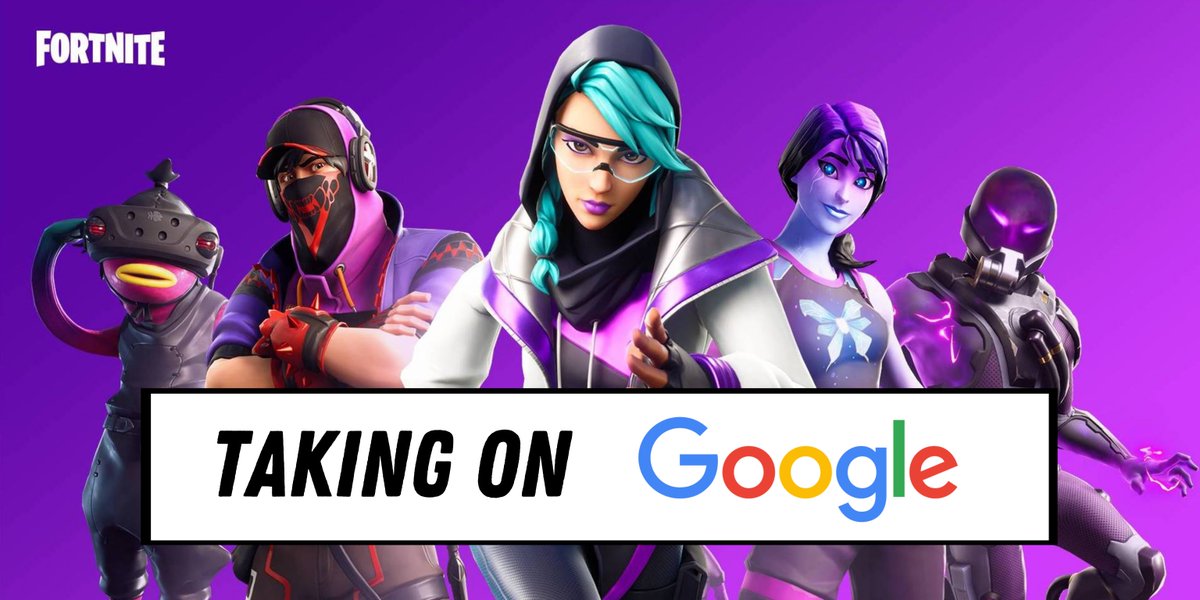 (All likes + RTs appreciated! https://abs.twimg.com/emoji/v2/... draggable="false" alt="🙏" title="Folded hands" aria-label="Emoji: Folded hands">)" title="Fortnite is standing up to Google and Apple. They& #39;re offering 20% discounts to players that buy digital currency in the app, bypassing the payment systems of Big Tech. This is a thread about the game& #39;s humble beginnings. https://abs.twimg.com/emoji/v2/... draggable="false" alt="👇" title="Rückhand Zeigefinger nach unten" aria-label="Emoji: Rückhand Zeigefinger nach unten">(All likes + RTs appreciated! https://abs.twimg.com/emoji/v2/... draggable="false" alt="🙏" title="Folded hands" aria-label="Emoji: Folded hands">)" class="img-responsive" style="max-width:100%;"/>
(All likes + RTs appreciated! https://abs.twimg.com/emoji/v2/... draggable="false" alt="🙏" title="Folded hands" aria-label="Emoji: Folded hands">)" title="Fortnite is standing up to Google and Apple. They& #39;re offering 20% discounts to players that buy digital currency in the app, bypassing the payment systems of Big Tech. This is a thread about the game& #39;s humble beginnings. https://abs.twimg.com/emoji/v2/... draggable="false" alt="👇" title="Rückhand Zeigefinger nach unten" aria-label="Emoji: Rückhand Zeigefinger nach unten">(All likes + RTs appreciated! https://abs.twimg.com/emoji/v2/... draggable="false" alt="🙏" title="Folded hands" aria-label="Emoji: Folded hands">)" class="img-responsive" style="max-width:100%;"/>
